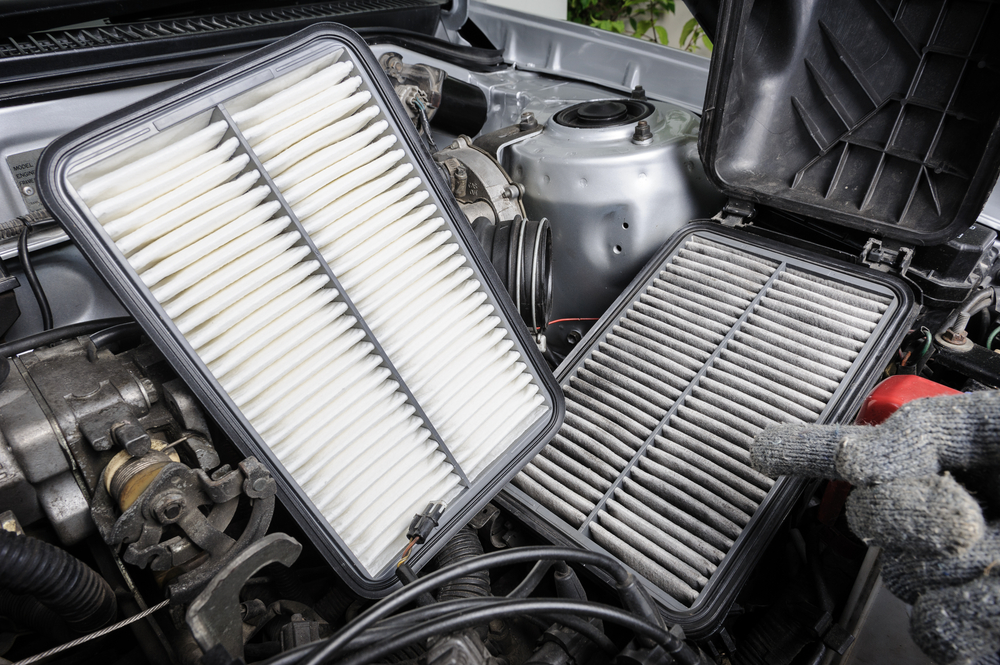Dealing with a dead car battery can be frustrating, especially when you’re in a hurry or far from help. However, learning how to safely jumpstart a dead battery can save you time, money, and the hassle of waiting for roadside assistance. In this step-by-step guide, we will walk you through the process of jumpstarting your car’s dead battery safely and efficiently.
A Step-by-Step Guide to Jump-starting Your Dead Battery
Before you begin, make sure you have the necessary tools. You will need a set of jumper cables and a vehicle with a fully charged battery to provide the jumpstart. Once you have the tools ready, identify the batteries in both vehicles. Locate the positive (+) and negative (-) terminals on each battery. It’s important to note that not all car batteries are located in the same place, so consult your vehicle’s manual if you’re unsure.
Related: “The Warning Signs of a Bad Battery”
Step 1: Position the Vehicles
First, bring the working car close to your own. It doesn’t matter if they are parallel or facing each other, but ideally, the two engines should be within two feet of each other.
Step 2: Turn Off Both Cars
Make sure both vehicles are turned off before proceeding to the next step.
Step 3: Connect the Positive Clamps
Begin by connecting the positive red clamps of the jumper cables to the positive terminal of your dead battery. ALWAYS connect to your dead battery first before connecting to the live battery. Remember to look closely to ensure you are connecting to the correct part.
Step 4: Connect the Negative Clamps
Now, attach the negative black clamps of the jumper cables to the negative terminal of the live battery. For your dead battery, attach the negative clamp to an unpainted metal surface under your hood that is far from the battery. This will ground the circuit and prevent sparking.
Step 5: Start the Working Car
Start the working vehicle and let it run for a few minutes. This will help charge your dead battery.
Step 6: Start Your Car
Attempt to start your own vehicle while the cables are still connected. If it doesn’t start immediately, give it another minute and try again.
Step 7: Disconnect the Cables
Carefully disconnect the cables in the reverse order: the black negative cable from your battery, the black negative cable from the good battery, the red positive cable from the good battery, and then the red positive cable from your battery.
After jump-starting your car, consider taking a longer route to allow the battery sufficient time to recharge. Even if your battery jumps successfully, it’s a sign that it may need replacement soon.
Jump-Starting Alternatives
If the traditional jump-starting method doesn’t work for you, consider purchasing a battery jumper pack. This is a portable battery with cables specifically designed for jump-starting cars. It’s important to carefully follow the instructions provided with the battery pack, as different models may have specific requirements.
Related: “What to Do If Your Car Won’t Start”
Conclusion
Remember, safety is crucial when jump-starting a car. If you’re unsure or uncomfortable with the process, it’s best to seek assistance from a professional. Contact Mike’s Brake & Alignment Shop in Fort Worth, TX, by calling (817) 834-2725 or visit our website at mikesautospa.com. We are here to provide expert help for all of your automotive needs, including battery replacements and engine issues.



















